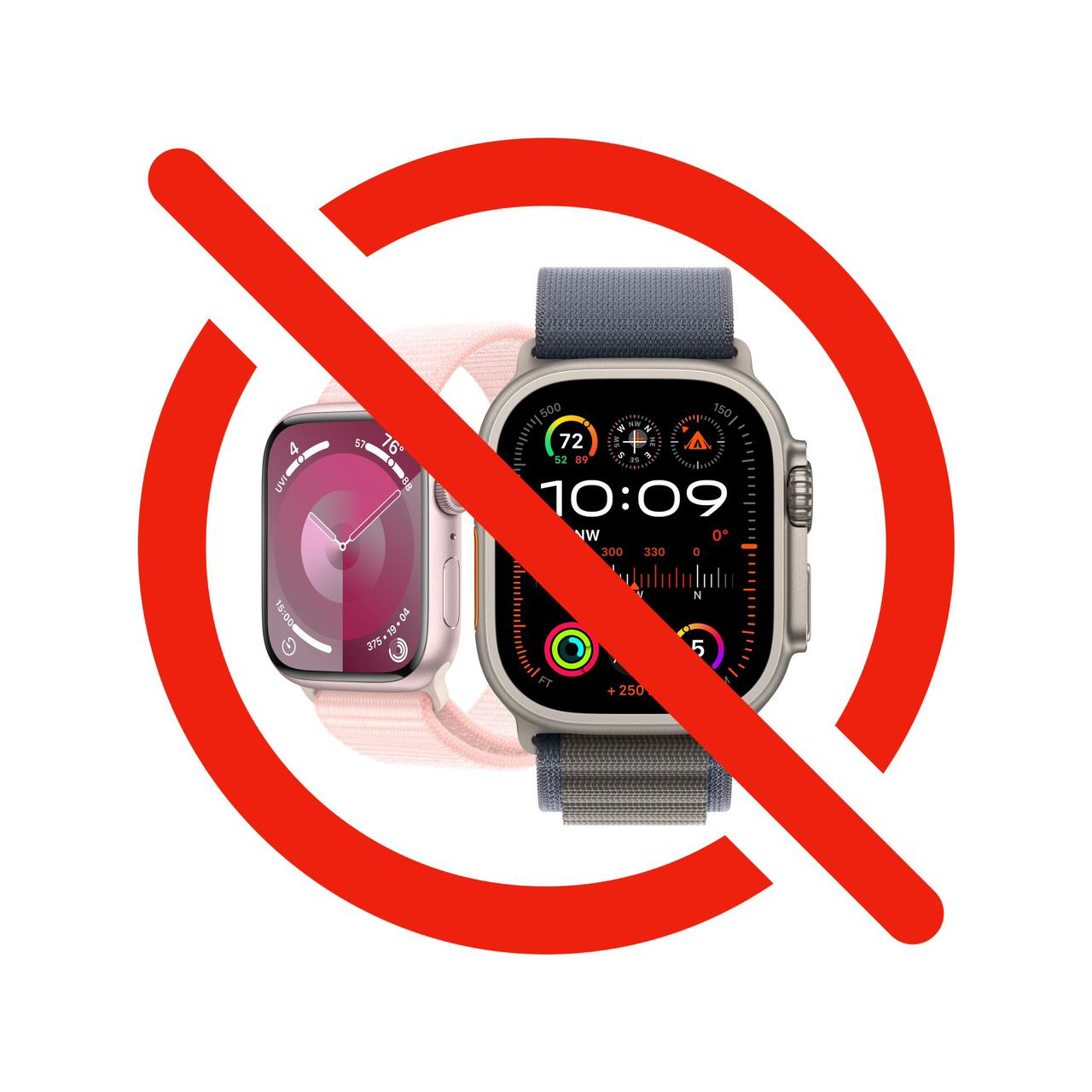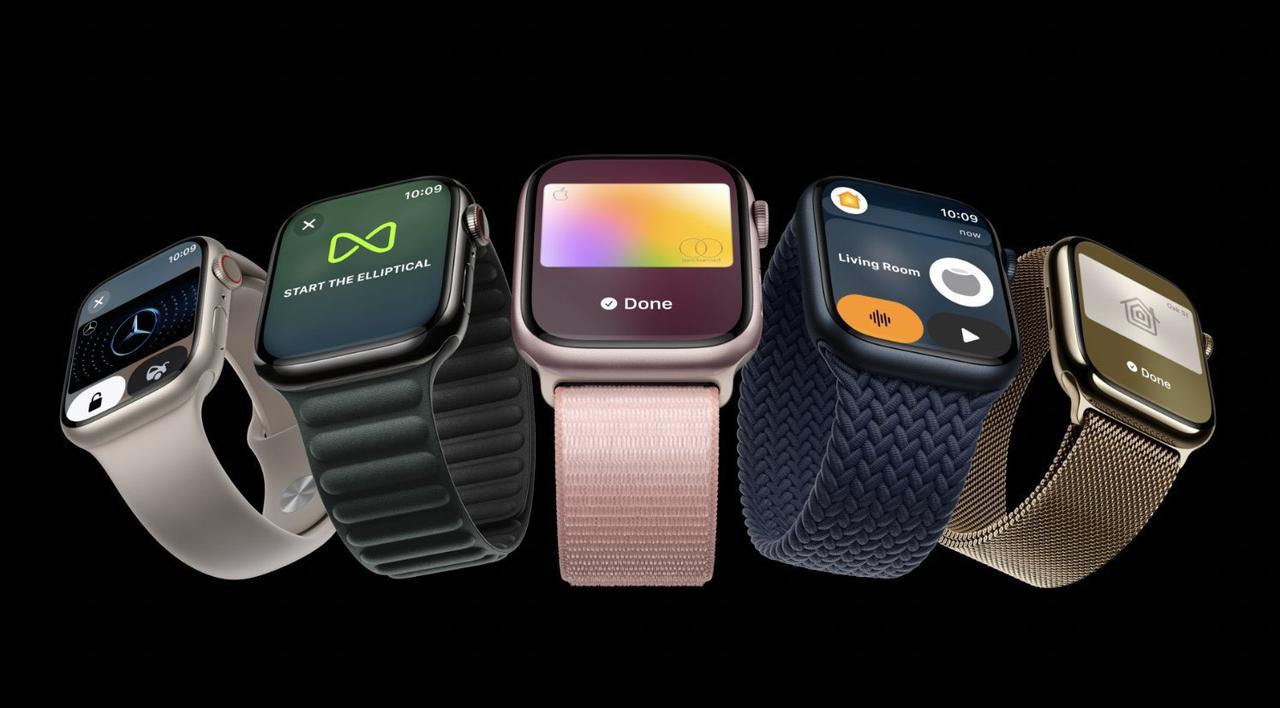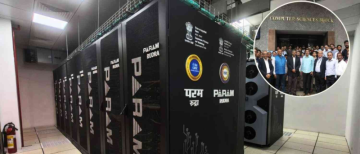Apple announced a halt in the sales of its Series 9 and Ultra 2 versions of its popular smartwatches in the United States starting thursday afternoon for online customers and in its stores on Sunday, in response to a patent dispute concerning the technology behind the blood oxygen feature on these devices.
This decision follows an October ruling by the U.S International Trade Commission, banning Apple's watches featuring the Blood Oxygen measurement due to an intellectual property dispute, as the devices were found to infringe on the patent rights of medical technology company Masimo
The White House had a 60-day window to review the ITC order issued on Oct. 26, President Joe Biden is currently reviewing the ITC decision until December 25, allowing Apple to continue selling the affected models in the U.S. through Christmas. The ban will come into effect on December 26, unless vetoed.
The Office of the U.S. The Trade Representative, overseen by Ambassador Katherine Tai, is carefully evaluating all aspects of the case.
However, Apple, based in Cupertino, California, stated in a Monday announcement that starting from December 21, it is suspending sales early to ensure compliance with the ITC order, followed by a pause in Apple retail locations after December 24.
On Monday, December 18, Apple had stated it is working on "technical options" to ensure the availability of Apple Watches and emphasised its commitment to taking all necessary measures to return the devices to shelves if the ITC order is upheld.
The Apple Watch SE, which lacks the Blood Oxygen feature, will remain available for sale in the U.S. after Christmas Eve. Previously purchased Apple Watches equipped with the Blood Oxygen feature are not affected by the ITC order.

Anticipating the ban, Apple is exploring legal and technical options. Stores are being prepared for changes, with new signs promoting the Apple Watch without featuring photos of the affected Series 9 and Ultra 2 models.
An Apple spokesperson informed Bloomberg that the company is actively developing a workaround and intends to submit it to the U.S. customs agency for approval, as the agency oversees changes to bring a product back to the market.

Masimo’s allegations
In October, Masimo CEO Joe Kiani expressed openness to negotiating a deal with Apple, as reported. Responding to the recent statement, Masimo emphasised the importance of respecting the ITC decision, stating that it safeguards intellectual property rights, upholds public trust in the U.S. patent system, and supports the American industry.
Masimo alleges Apple of employee poaching and stealing its pulse oximetry technology for the Apple Watch. A California federal court mistrial occurred in May on Masimo's allegations, and Apple countersued for patent infringement in a Delaware federal court, branding Masimo's legal actions as a strategy to pave the way for its own smartwatch.
The U.S. Patent and Trademark Office rejected Apple's attempts to review patent validity. Apple engineers are adjusting smartwatch algorithms to modify how oxygen saturation is determined, as per reports.
According to a spokesperson's statement to Reuters, Masimo asserted that the patents under discussion relate to hardware, emphasising that Apple must make changes to the hardware. Apple, however, refrained from commenting.
Photo: X
©️ Copyright 2023. All Rights Reserved Powered by Vygr Media





















